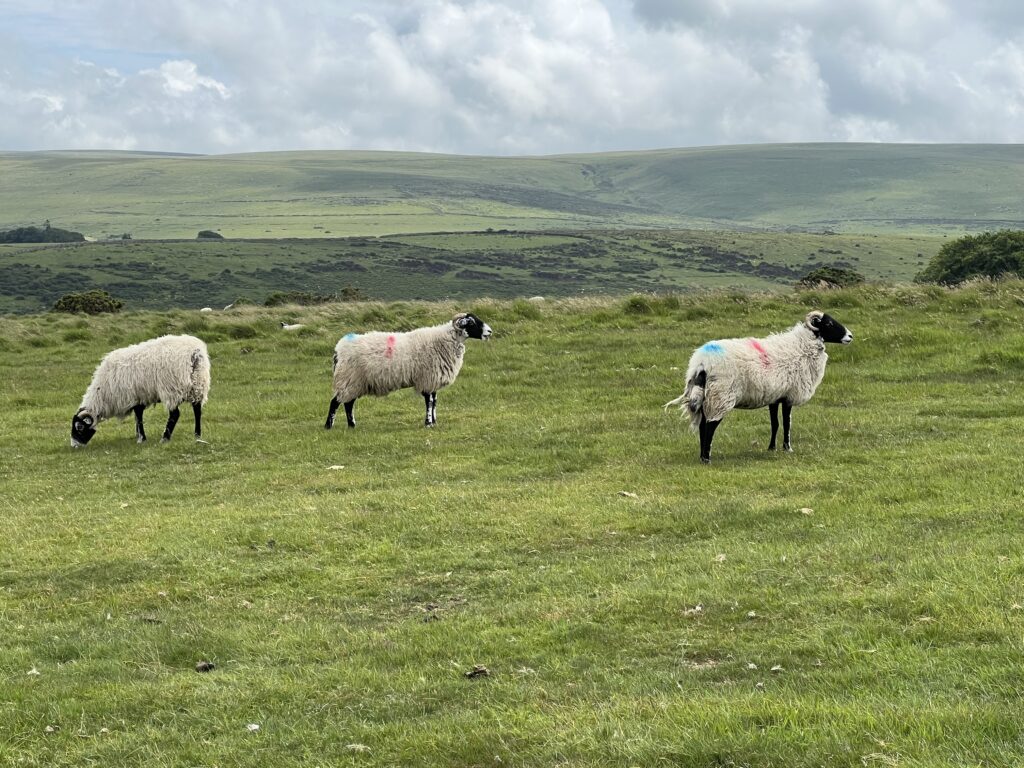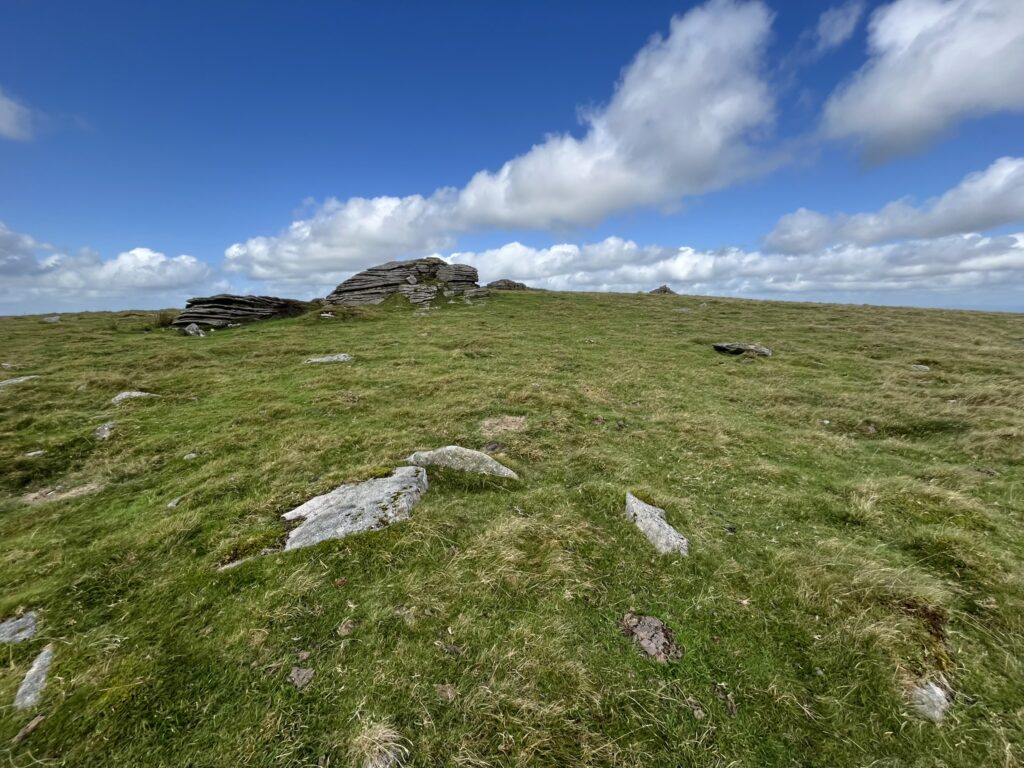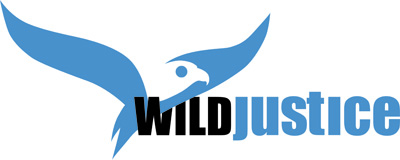Legal challenge to overgrazing on Dartmoor commons to be heard in High Court

A legal challenge brought by campaign group Wild Justice against Dartmoor Commoners’ Council over its management of grazing on the commons is set to be heard in the High Court this week.
In a hearing taking place on 15 and 16 July, Wild Justice will argue that Dartmoor Commoners’ Council (DCC) has failed to meet its responsibilities to manage livestock numbers and grazing.
The commons is an open area of land in Dartmoor National Park over which a group of around 850 landowners, known as ‘commoners’, have certain rights, which include grazing rights and the rights to keep sheep, cattle and ponies.
These rights are granted under the Dartmoor Commons Act 1985 (DCA), which also details statutory responsibilities DCC has towards the conservation of the commons.
Wild Justice says that DCC has failed to meet these responsibilities, as well as neglecting its general duties under wildlife laws and regulations.
In 2023, an independent review of Dartmoor published by the government, known as the Fursdon Review, concluded that it was “not in a good state”.
The assessment surveyed a number of Sites of Special Scientific Interest (SSSI) on the Dartmoor commons and found that much of the land it surveyed was in an unfavourable condition. The assessment also noted that reducing grazing stock numbers had been identified by Natural England as a way to bring some of these areas back into favourable condition.
Wild Justice argues that the unfavourable condition of much of Dartmoor shows Dartmoor Commoners Council has failed to manage the commons properly, and that this is in breach of the requirements of the Dartmoor Commons Act. The DCA includes a responsibility to manage grazing, with DCC having a specific power to issue notices to cut back on livestock for this purpose.
In July 2024, Wild Justice sent DCC a pre-action protocol letter detailing alleged issues with its management of the commons and requesting that it issue notices to control the numbers of livestock.
DCC responded but appeared not to take any steps to control livestock numbers, and in August Wild Justice filed a judicial review challenge.
In February 2025, a judge granted permission for the claim to go ahead on six grounds, with a further two grounds given permission in April.
The grounds of the claim are:
- Dartmoor Commoners Council breached section 5 of the Dartmoor Commons Act 1985 in failing to make regulations to ensure that the commons are not overstocked.
- DCC breached section 4 of the DCA in failing to carry out assessments on the number of animals grazing on the commons.
- DCC breached section 4 of the DCA in failing to have regard to the conservation and enhancement of the natural beauty of Dartmoor.
- DCC breached section 28G of the Wildlife and Countryside Act in that it failed to consider its duty to the conservation and enhancement of flora and fauna features in sites of special scientific interest.
- DCC breached regulation 9(3) of the Habitats Regulations, which require it to have regard to the EU Birds and Habitats Directives when operating.
- DCC operated outside of its duty under the DCA and/or with an improper purpose, in that it failed to have consideration for the statutory duties placed on it to protect the commons landscape.
- There was bias/predetermination in a decision which DDC took in an attempt to head off the legal challenge.
- DCC’s decision not to implement measures to reduce livestock was an unlawful abdication of its statutory duty.
The hearing will be held at the Royal Courts of Justice in London and judgment is expected to be reserved until a later date.
Chris Packham, Co-Director of Wild Justice said:
“Sheep, subsidised by the public, are doing significant damage to lands which should be maintained in the public interest as rich repositories of biodiversity. We are paying many farmers and commoners to damage our own interests. And the sums run into millions of pounds each year. Greed is driving this abuse, pure and simple, and it needs to stop. DEFRA and Natural England have proved incapable of regulating this, so Wild Justice has stepped up. We are in a crisis – change is essential, and this reckless destruction needs to stop.”
Dr Ruth Tingay, Co-Director of Wild Justice said:
“The over-grazing issue on Dartmoor has led to a modern day ‘tragedy of the commons’, although it seems that not everyone is losing out in this case. Self-interest should not be allowed to take precedence over public good, and especially not at the expense of either the taxpayer or protected habitats. Dartmoor deserves better.”
Bob Elliot CEO Wild Justice, said:
“Overgrazing is wrecking some of England’s most precious habitats. These commons are meant to be protected for wildlife, climate, and future generations, not stripped bare by inaction.”
Leigh Day environmental solicitor, Carol Day, who represents Wild Justice, said:
“Evidence from Natural England confirms that inappropriate grazing levels are adversely impacting the condition of protected areas in Dartmoor. The Fursdon Review is not a substitute for DCC exercising the specific powers it enjoys under the Dartmoor Commons Act to maintain the commons by controlling livestock levels.”

